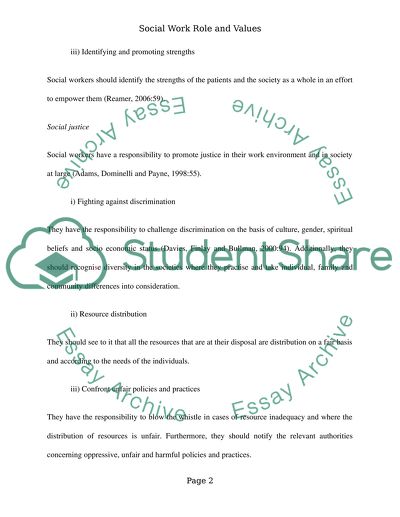Cite this document
(“Social Work Role and Values in Working with Adults within Mental Essay”, n.d.)
Social Work Role and Values in Working with Adults within Mental Essay. Retrieved from https://studentshare.org/sociology/1480544-social-work-role-and-values-in-working-with-adults
Social Work Role and Values in Working with Adults within Mental Essay. Retrieved from https://studentshare.org/sociology/1480544-social-work-role-and-values-in-working-with-adults
(Social Work Role and Values in Working With Adults Within Mental Essay)
Social Work Role and Values in Working With Adults Within Mental Essay. https://studentshare.org/sociology/1480544-social-work-role-and-values-in-working-with-adults.
Social Work Role and Values in Working With Adults Within Mental Essay. https://studentshare.org/sociology/1480544-social-work-role-and-values-in-working-with-adults.
“Social Work Role and Values in Working With Adults Within Mental Essay”, n.d. https://studentshare.org/sociology/1480544-social-work-role-and-values-in-working-with-adults.


